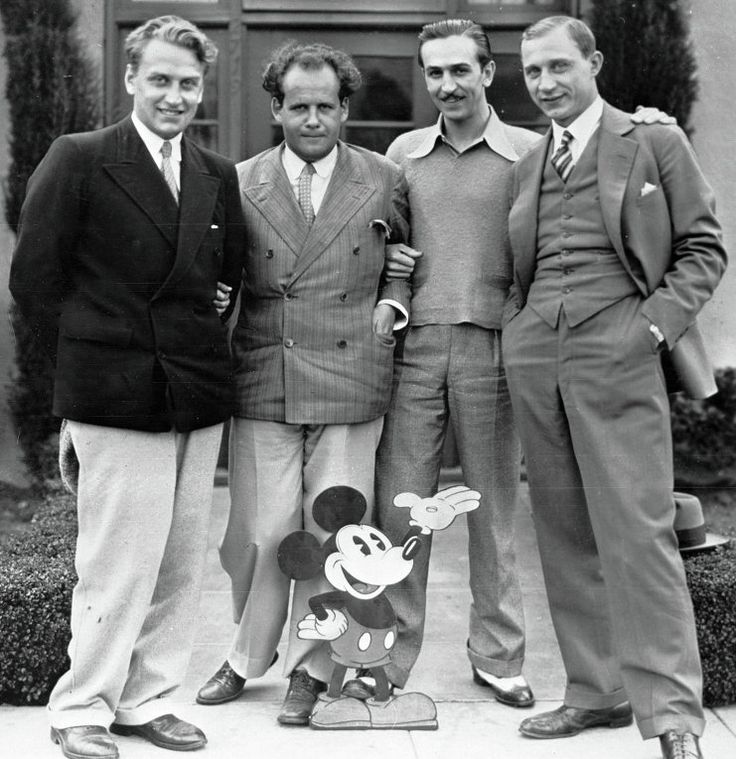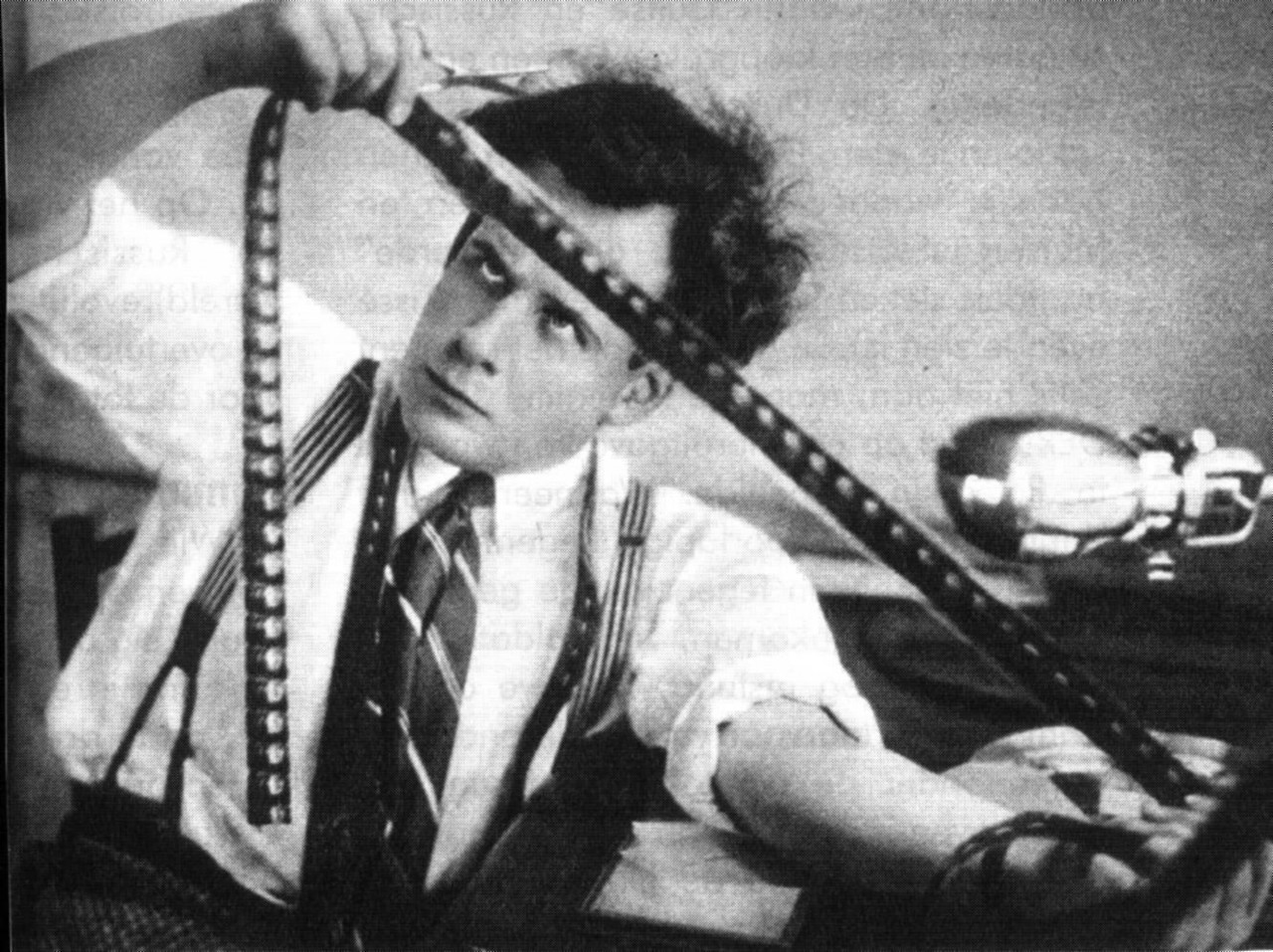
Sergei Eisenstein in Mexico

Another farcical delay ensued when the district governor insisted on meeting the visitor, under the impression that he was Albert Einstein. Once that was cleared up, they moved south into the tropical heat of Tehuantepec, where Alexandrov and Tisse fell ill and Eisenstein underwent something like a religious epiphany.It was not that my consciousness and emotions absorbed the blood and sand of the gory corrida, the heady sensuality of the tropics, the asceticism of the flagellant monks, the purple and gold of Catholicism, or even the cosmic timelessness of the Aztec pyramids: on the contrary, the whole complex of emotions and traits that characterize me extended infinitely beyond me to become an entire, vast country with mountains, forest, cathedrals, people, fruit, wild animals, breakers, herds, armies, decorated prelates, majolica on blue cupolas, necklaces made of gold coins worn by the girls of Tehuantepec and the play of reflections in the canals of Xochimilco.
Besotted with his surroundings, he was in no hurry to finish his work. He was contracted to deliver a film in four months, but three months passed before he shot the first frame. When shooting finally began, Eisenstein had to cope with the problem of being far from any technical facilities; because they could not be sure that every "take" was usable, Tisse shot most of them twice. The rushes were forwarded to [Upton] Sinclair in Hollywood for processing. Sinclair's first reaction was wild enthusiasm. He wrote the Mexican foreign minister in April 1931 that they were "gorgeous beyond all telling," but eventually he began to fret as more and more reels arrived --- each negative subject to an import tax --- for a film that could not be marketed because it did not yet have a title or story line. Soon the batches of copious, unsellable film came accompanied by requests from Eisenstein for more money and self-pitying complaints from Mary Sinclair's spoiled, sheltered brother. Upton Sinclair would later claim that Hunter Kimbrough had not known that homosexuals existed until he met Eisenstein. After nine months together in the Mexican heat, he had evidently learned something, because a plaintive message charged not only that Eisenstein was arrogant, egotistical, and careless with other people's money but also that "many people here, including myself, think he is some kind of pervert."
Sinclair must have shown this letter to someone at Amkino, the Soviet company that exported and imported films from and to the United States, which meant that its allegations were fed back to Moscow. Eisenstein in turn heard about it and fired off a riposte, his anger clear from the erratic spelling.

I am sorry to mention that most of the time in lesser or greater degree Hunter is drunk, which absolutely disenables me to do things with him. This item by itself is a question of very big financial importance. . . . Besides costs on licors etc., entertainings (10% of which might be of use for the picture!), parties, girls and other pleasures which go ahead with it and constitute many a heavy and entirely useless bill, the thing ruinously affects any business movements. . . .
At the actual moment all my personal contact with Hunter has seased --- I think it quite natural after his declaring that he considers me a dishonest person and my behavior towards you as blackmailing. (You understand very well these statements cannot affect me when said by a person who was put in jail in Merida for public indecency in a bordello, after a wild adventure with throwing whores in the swimming pool).
Mary Sinclair soon wished that she had never met Eisenstein. Her harassed husband wrote to Gosizdat, the state publishing house in Moscow, asking to be paid $25,000 out of the royalties he was owed for the sales of his novels in the USSR, promising that every cent would go into Eisenstein's project. Without his knowing it, this letter landed Eisenstein in serious trouble. No one at Gosizdat would have dared release so large a sum of foreign currency without referring the matter upward. The request went all the way up to the supreme authority, the Politburo, who --- with Stalin absent on holiday in the south --- shifted the decision to the second most important committee in the land, the Orgburo, who in turn decided to do nothing except delegate the head of Agitprop to send Eisenstein a summons ordering him to return to the USSR. Stalin was informed while he was still on holiday and smelled treachery. Though he could not remember Eisenstein's name accurately, he instantly detected a plot to extract money from the Soviet state to fund a new life abroad. He warned his deputy Lazar Kaganovich, "The American writer Sinclair has written a letter where he asks for support for some enterprise launched by Sinclair and Aizensteid [sic] ('our' well known film maker who fled from the USSR, a Trotskyite if not worse). Apparently Aizensteid wants to hoodwink us through Sinclair. In short, the whole thing smells fishy."
Eisenstein did not know it yet, but whatever chance he still had of finishing the film over which he had lingered so lovingly was already lost. Only distance and poor communications kept him in happy ignorance. After about three months, a telegram from Stalin arrived at the Sinclairs' Pasadena home:
Eisenstein loose [sic] his comrades confidence in Soviet Union. He is thought to be deserter who broke off with his own country. Am afraid the people here would have no interest in him soon. Am very sorry but all assert it is the fact. Wish you to be well and to fulfil your plan of coming to see us. My regards, Stalin.
Sinclair's immediate reaction was to rise honorably to Eisenstein's defense. He replied with a long letter asserting that neither he nor anyone else who had worked with Eisenstein had ever heard him utter a disloyal word about the Soviet Union, that the delays in Mexico were not Eisenstein's fault, and that there was no risk of his defecting. He also withheld news of the telegram from the crew in Mexico, hoping that Eisenstein would come back quickly with a marketable film.
In December, the Politburo discussed Eisenstein again and reprimanded the officials responsible for allowing resources to be squandered on his project. A few days later Sinclair was summoned by telegram to New York for a meeting with Soviet officials, but he pleaded that he was too ill to travel.
Finally, in January 1932, Sinclair gave up, cut off Eisenstein's money supply, and left him with no choice but to say good-bye to Mexico. Eisenstein decided to play a valedictory prank on Kimbrough, using hundreds of drawings he had made while he was in Mexico. He put the drawings at the top of his trunk, where they would be seen by anyone who opened it, and then asked Kimbrough to take the trunk back to the United States. It was opened at the Texas border, where customs officers discovered a vast collection of sacrilegious and homoerotic images, including a drawing of Christ on the cross, his penis extended to the length of a hose with its end in the mouth of one of the thieves.
Even if the tiresome Kimbrough had earned this humiliation, it was a foolish and self-defeating stunt, one that permanently turned Upton Sinclair against Eisenstein. After months of defending him against all his accusers, the novelist wrote a long, angry letter to the new head of Amkino, describing the incident at the border and implying that Eisenstein might, after all, be a potential defector, as Stalin had suspected. "Of course, if he does not want to go back to Russia, nobody wants to make him go. All we are saying is that we shall never see him again, nor deal with him in any way," he wrote. His anger was still hot when, years later, Sinclair spoke to Eisenstein's biographer Marie Seton: "We realized that he was simply staying in Mexico at our expense in order to avoid having to go back to Russia. All his associates were Trotskyites, and all homos. Men of that sort stick together. . . . I had come to realize that Eisenstein was a man without faith or honor, or regard for any person but himself."
Eisenstein paid another, more painful price for his folly at the Texas border. He hoped to recover the rushes from his uncompleted film, now titled Qué Viva Mexico, and edit them in Moscow, but Sinclair refused to hand them over unless he was paid at least $50,000 to recoup what he and his wife had lost on the project. The Soviet authorities had no intention of paying a cent. Sinclair tried a direct appeal to Stalin by telegram, in which he accused Eisenstein of "shameless conduct, slanders, misrepresentations, intrigues," but it accomplished nothing. Eisenstein's work was then cut and edited without his permission, and released in 1933 as Thunder over Mexico, with Eisenstein credited as the director. Seven years later, it was turned into another film, Time in the Sun. In the 1950s, Upton Sinclair handed all the unedited material over to New York's Museum of Modern Art, which in turn passed it to the USSR the following decade. In 1979 Alexandrov produced a Version as close as possible to Eisenstein's intention. By then, Eisenstein was long dead, having spent many years mourning his lost creation.
--- From Fear and the Muse Kept Watch
Andy McSmith
©2015 The New Press